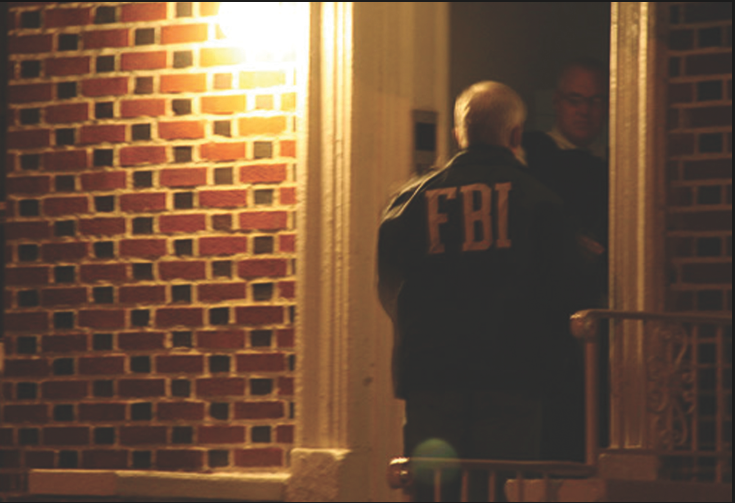Evidence Seized in Violation of the 4th Amendment Must be Suppressed.
If the police search your home without a warrant or a valid exception to the warrant requirement, there is a good chance the presiding judge will order the suppression of any evidence seized.

The 4th Amendment Protects Against Unreasonable Searches and Seizures
A surprising number of Michigan residents are unaware of their rights when they find themselves the target of a police or law enforcement search, such as a search without a warrant. Afraid and out of their comfort zone, most individuals comply with every request an offer makes out of fear of what will happen if they put up any protest. It’s not until much later, when citizens are sitting down with their legal counsel, hashing out their interaction with a law enforcement officer who successfully conducted a search and seizure of the person’s home, that they had a choice to prevent or limit. Often the police can collect evidence during interactions that should have been avoided or were improper.

The Fourth Amendment Right Protects Citizens from Unreasonable Search
If the police arrive at your door without a search warrant and ask to enter your home, you are well within your right to cite your fourth amendment right that protects citizens from unreasonable search and seizure by police. In most cases, police do not verbally communicate to citizens that they have a right to assert their fourth amendment right in this scenario. Police may even try to coerce the individual and manipulate them by claiming that they would cooperate with the police if they are innocent. With few exceptions, police must obtain a warrant that has been signed by a judge to search your property. Knowing your rights beforehand will help you confidently assert your rights if you find a police officer asking to search your person, home, or car without a warrant.
Read the Entire Search Warrant
If a police officer has obtained a search warrant, you have a right to see view the warrant before police enter your home. Most of us lack a legal background and are unsure what information to verify when presented with a search warrant. Start by reading the entire warrant. In Michigan, search warrants include detailed information, including the address for the place approved for search, including the specific areas and rooms that may be searched. If a police officer searches a room or structure not outlined on the warrant, the search is illegal. Keep a close watch during the search and report any unlawful behavior to your attorney. As you review the warrant, be sure to see the judge’s signature who signed the warrant. Without a signature, the warrant is void. It’s a small technicality, but one that determines whether or not the warrant is valid.
Because of the ambiguity inherent in police searches without and with a warrant, it is imperative that you enlist the guidance of a great criminal defense lawyer with experience getting illegally obtained evidence suppressed in court.

Criminal Defense Attorneys Who Will Fight to Protect Your Rights
The Defense Team with LEWIS & DICKSTEIN, P.L.L.C. has vast and extensive experience fighting to get illegally seized evidence thrown out of court and charges dismissed. When you need a lawyer who is not afraid to win, call us, and we will take the time to talk with you, answer your questions, and address your concerns. We will find a way to help you.
Call us today at (248) 263-6800 for a free consultation or complete a Request for Assistance Form. We will contact you promptly and find a way to help you.

